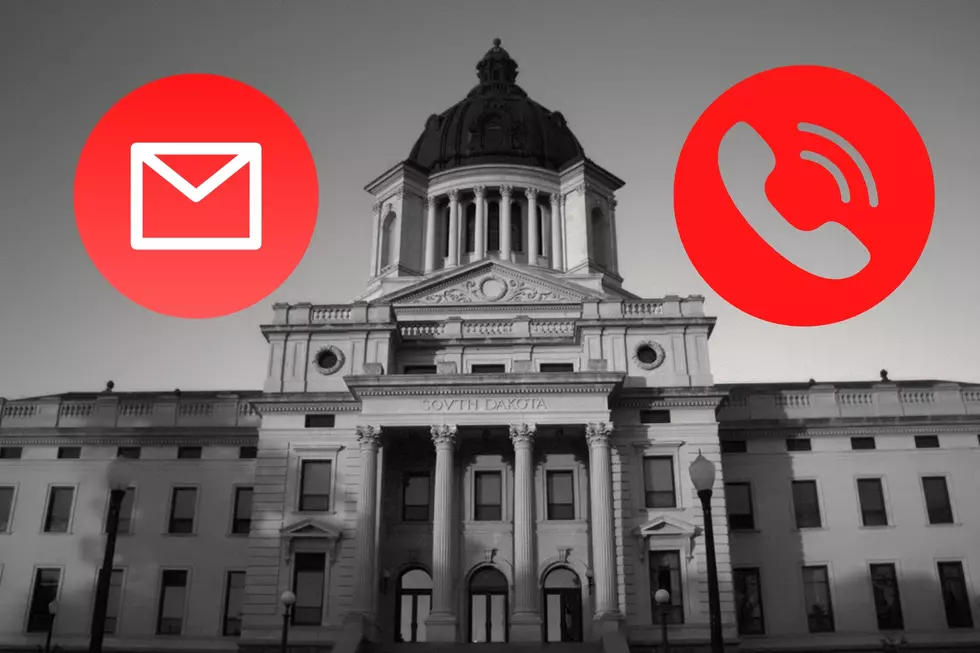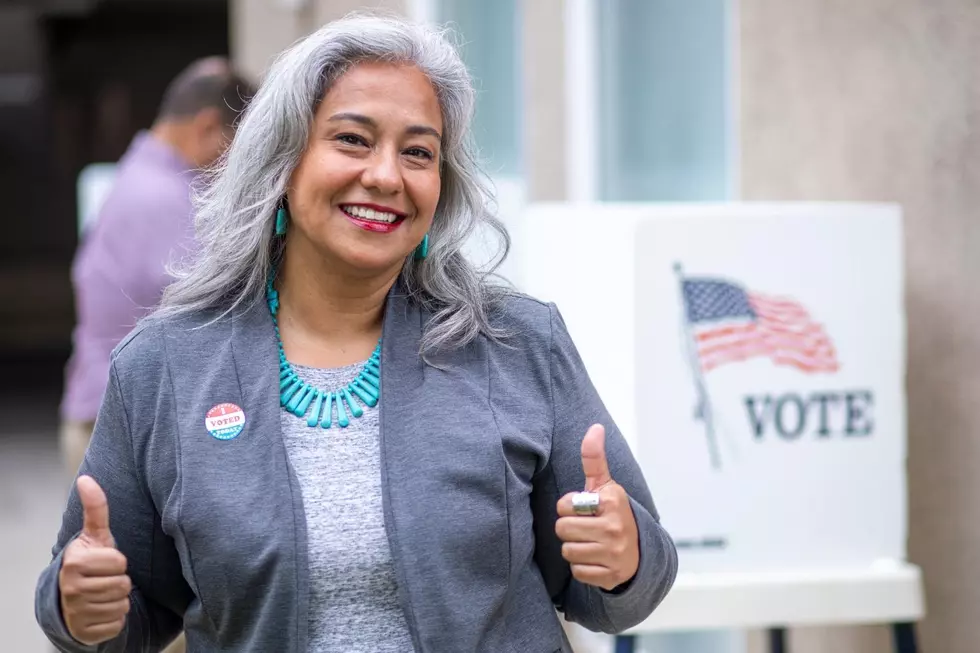
Expect Tighter Belts in next South Dakota Legislative Session
Governor Dennis Daugaard outlined a financial path forward with his budget address on Tuesday in a joint session with the South Dakota Legislature.
While offering a proposed budget for Fiscal Year 2019, there was also a look into the current South Dakota economic status during the Tuesday Budget Address in Pierre.
Governor Dennis Daugaard stated that his goal was to not allow South Dakota to live beyond its means in either FY 18 or 19. Other states have done so and have paid the price.
“Both years are honestly balanced with ongoing expenses for FY 19 fully supported by only ongoing revenue. That is a distinction from some other states. In Illinois they are very clearly funding ongoing expenses with one-time revenue and much of it through borrowing.”
Additionally different aspects were explained that affect how and why revenues have come in lower than expected. Representative Mark Mickelson of Sioux Falls outlines the root causes of the lean budget.
“It reflects a tough ag economy and that 9 percent of retail sales are online and increasing and that’s a big issue for our budget in South Dakota. It’s a modest budget with no inflationary increases for K-12, Medicaid providers or state employees.”
One legislator wants to be more forward thinking when it comes to the state’s tax structure. Senator Reynold Nesiba of Sioux Falls feels that an evaluation might be exactly what’s needed.
“I’m hoping that at the end of this year that we can take a step back. Maybe it’s time for a summer study for us to really take a look at our tax structure overall (to evaluate if) it is doing everything we need it to do.”
In the short term, Governor Daugaard proposed the use of budget reserves to cover a portion of shortfall for the current fiscal year which ends on June 30, 2018. The plan calls for only a modest increase in spending to $4.7 billion in FY 19 as opposed to $4.6 billion in FY 18.
Current projections for tax collections in South Dakota point toward a shortage of just over $20 million for FY 18. The 2018 Legislative Session will begin on January 9.
See Also:
More From KXRB









